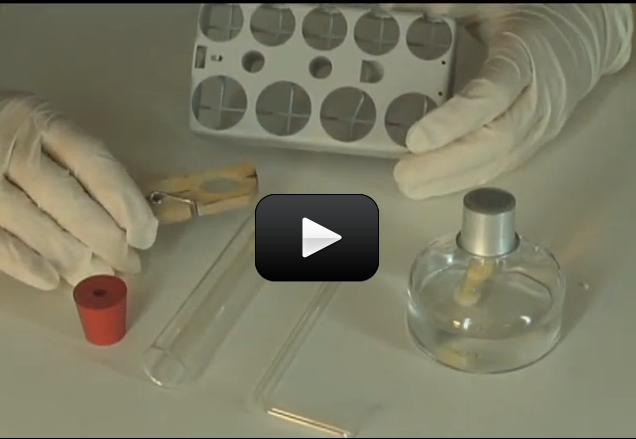This experiment is for advanced students. This is a repeat of the experiment: Can Fish Drown? but now we’re going to do this experiment again with your new chemistry glassware.
The aquarium looked normal in every way, except for the fish. They were breathing very fast and sinking head first to the bottom of the tank. They would sink a few inches, then jerk into proper movement again.
The student had to figure out what was wrong. He had set up the aquarium as an ongoing science project, and it was his responsibility to maintain the fish tank. His grade depended on it.
He went to his mom for help. She looked over the setup. “Have you tested the water?”
A quizzical look on his face, the boy said, “Everything is normal nitrates, nitrites, hardness, alkalinity, and pH. The pH was a little acidic, but not outside the proper range.”
Please login or register to read the rest of this content.


The problem with surviving deep dives underwater has to do with the amount of pressure the water exerts on the diver’s body. Not only does the pressure affect the way the human body interacts with gases in the bloodstream, but bubbles can form if the diver rises too quickly. In addition to hard suits that allow divers to regulate pressure, humans survive deep dives by adjusting the gases they breath.
For instance, a common breathing gas is called Trimix and is a combination of oxygen (O2), helium (He), and nitrogen (N). They also pause at regular intervals as they rise to the surface. These pauses help to prevent nitrogen bubbles from forming in the bloodstream.
If a scientist found out how to replace the gas in a human’s body with water, and the test subject miraculously survived…would the test subject be able to survive deep underwater for long stretches of time?